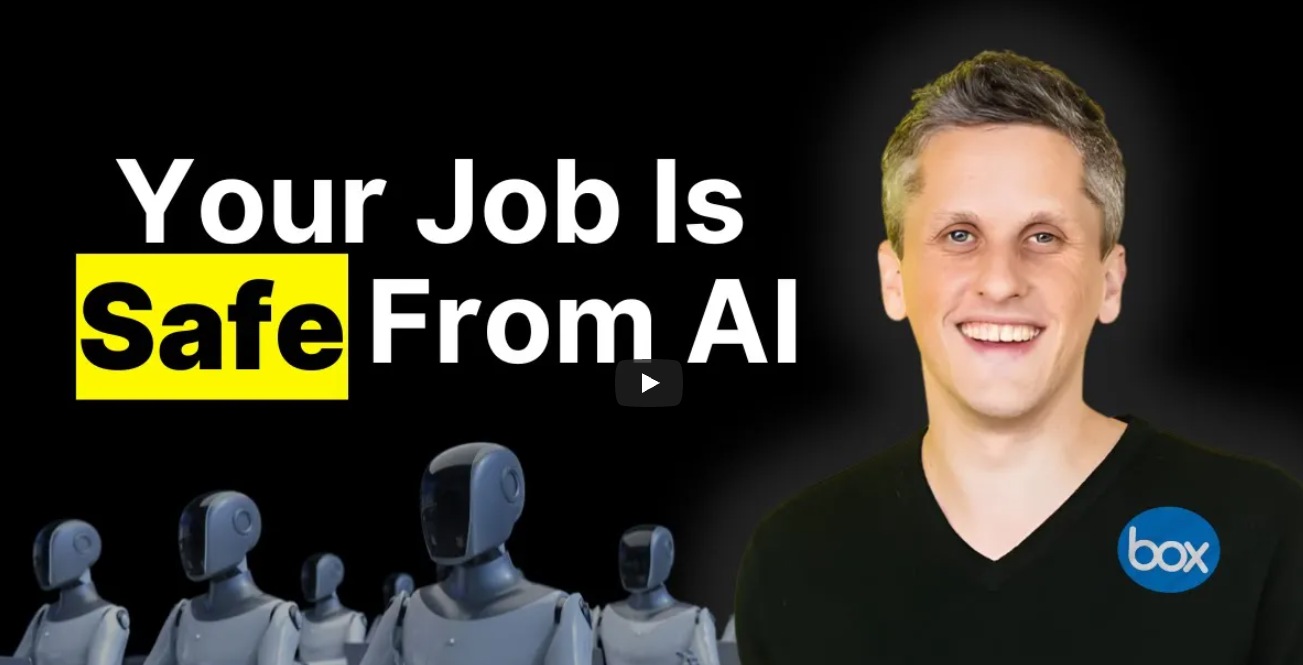
At a time when most technology leaders are forecasting the collapse of white-collar work, Box CEO Aaron Levy offers a different vision: one where AI amplifies human productivity instead of replacing it. His central insight is deceptively simple, jobs aren’t tasks. While AI systems can automate individual tasks with extraordinary speed, work itself is a web of judgment, context, and coordination that still requires people. Lawyers may review contracts twice as fast, but that doesn’t erase the legal department; it raises throughput and expands the company’s capacity to act. Engineers may ship code more quickly, but that acceleration creates new bottlenecks, and new roles, elsewhere. Automation doesn’t extinguish work; it increases demand for it.
Call it a modern take on Jevons’ Paradox: when the cost of a process drops, we end up doing more of it, not less. I see the same dynamic in knowledge work. As AI lowers the price of creativity and decision-making, entire classes of previously uneconomical tasks — legal reviews, marketing experiments, product prototypes — suddenly become viable. Instead of mass displacement, what emerges is a surge of experimentation as organizations test, iterate, and ship ideas that would have died in the planning stage. The result isn’t a smaller workforce, but a more dynamic one, with people orchestrating networks of intelligent agents much as managers once coordinated teams.
What makes Levy’s perspective interesting is its realism. He doesn’t romanticize the technology, nor fear it. The shift he describes is neither utopian nor catastrophic; it’s structural. Just as the PC and the internet redefined what “work” meant, AI is poised to redefine how we allocate intelligence itself, turning individual contributors into conductors of software agents and re-wiring the rhythms of every company. This transformation keeps humans in the loop: as long as there’s a three-dimensional world to navigate, he argues, there will always be more signal and more context in us than in any model.
Check the whole interview here.